Six Tips For Better Fuel Mileage
Gas prices may be going down but it's always a great idea to be thinking about saving money on the road by doing some little things to get better...
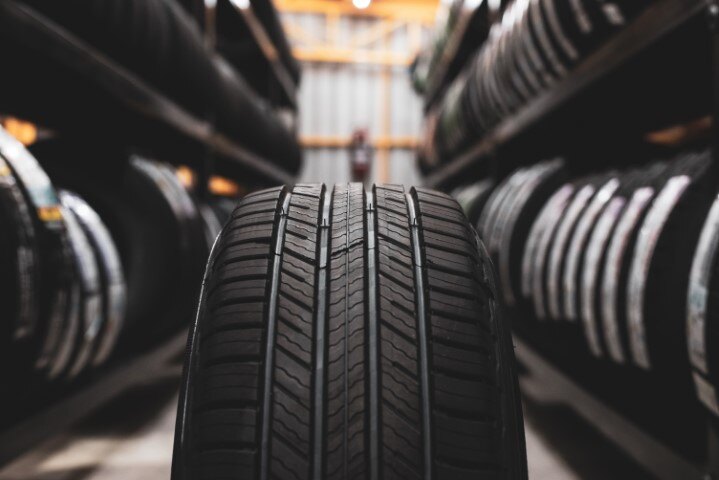
Your tires are the only part of the vehicle that makes contact with the road, so it stands to reason that they would have an effect on your gas mileage. The people who make the tires - the tire engineers - probably know a little bit about cars and trucks, and would have a few handy things to say about what you should do to stretch your gas dollar farther.
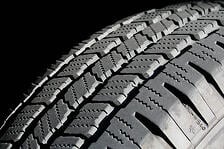 Here's what the tire professionals advise:
Here's what the tire professionals advise:
Tire pressure affects mileage because of the way the tire contacts the road. Under-inflated tires are soft and make more contact with the road, causing the engine to burn more gas and work harder to propel the car. The difference for mileage could be as much as 3%. That's around 10 cents a gallon, so keeping your tires at proper pressure can save you a couple of bucks a tank. Many drivers ride around on soft tires, as research shows that many cars (not just a few of them) are under-inflated by 5 to 15 pounds on tires that should be at 30 to 35 psi. That's a substantial difference.
Know what affects your gas mileage even more than tires or air filters or pretty much anything else? How you drive. Department of Energy studies shows conclusively that aggressive driving, whether in the city or on the freeway, can slash gas mileage by up to one-third. The difference is bigger on the highway than in the city.
What can you do? Cut out the rapid accelerating and braking. People who run contests to get the most mileage (hypermilers) know that the big key is not wasting the car's acceleration. You burn gas to accelerate, then you want to keep the car up at that speed, which means not braking too soon. When you accelerate aggressively and run up on other vehicles, you brake quickly and you've wasted all that gas you spent getting the car up to speed. Be smooth. Calm down. Accelerate smoothly and more gradually, and pay attention to the traffic flow to get the most out of your gas.
Remember, you can boost your gas mileage from 5 - 33% by doing this. On a road trip (where the difference is going to be on the higher end of the scale), that means you could be saving a dollar a gallon. That's maybe fifteen to eighteen dollars per tank. Big money.
Drive the speed limit, that is. Tire engineers know that driving speed will suck the efficiency right out of your vehicle. The difference is biggest on the highway, which is also the place we're most likely to exceed the speed limit. You know who you are. The ones that calculate how much over the limit you can go and not catch the attention of the highway patrol.
Department of Energy studies calculate that for every MPH you go over 60, you spend an extra 24 cents a gallon in wasted gas (according to fueleconomy.gov). Staying around 60 mph is the optimal balance of speed and efficiency. Going over 60 makes the engine work harder and burn more gas in displacing more air.
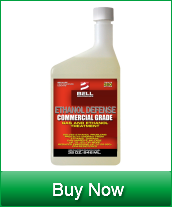
Gas prices may be going down but it's always a great idea to be thinking about saving money on the road by doing some little things to get better...
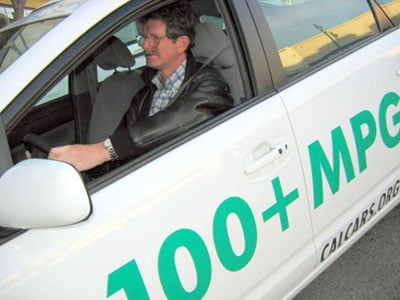
Rising gas prices have created a small but diehard group of people who called themselves the "hypermilers". They like to stretch the limits of how...
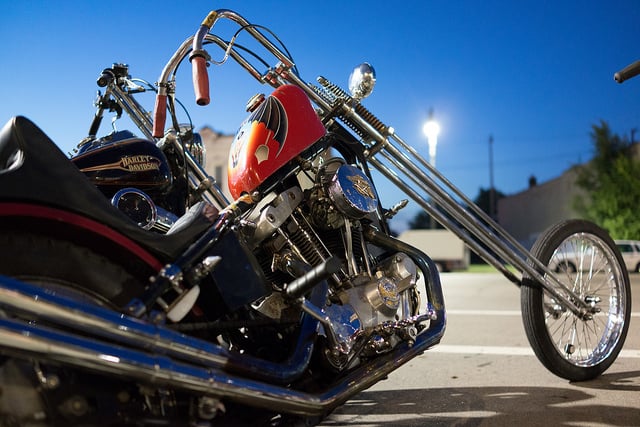
Generally speaking, motorcycles get about 35-40 miles per gallon. However, by making a few simple adjustments to how you ride and take care of your...